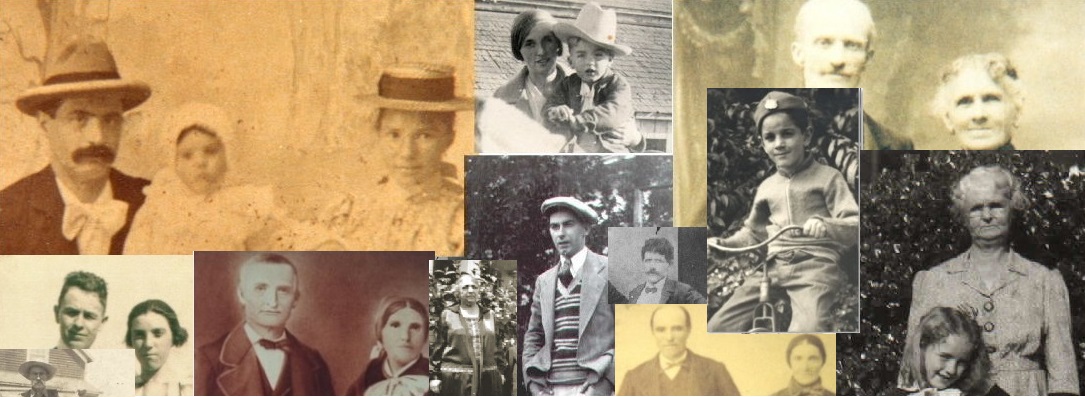I am reading a surprisingly wonderful biography called The Rocket Girl. It’s about Mary (Sherman) Morgan, American’s first female rocket scientist. She worked for a company that did government contracts during the infancy of space race. Her many achievements included an inventing the rocket fuel used in our first rockets. Many of her contributions were lost until after her death when her son started digging up her story.
The chapter on Mary’s early childhood caught my interest. She grew up in North Dakota in the 1930s. Mary’s family never took photographs because, as the author wrote, her mother did not abide photography. When offered to have their photos taken, either by friend or a professional, her mother refused. She was completely against the whole practice.
It surprises me that this kind of view was present in the 1930s. I could see in the early years of photography that it might hit up against religious or societal views against vanity and the like. But, you would think by the 1930s, most people would have had a baby, school, or marriage photo done.
I’ve never run into a relative or ancestor who refused to be photographed on the grounds that it might not be morally right. Was this a widespread view?
I wonder if this was really what Mary (Sherman) Morgan’s mother believed or if there was something else behind it. As a genealogist, I find it sad especially for her offspring. Her son realized too late that preserving photographs would be important to her story and to himself. How sad it would be to have no photographs of ones family. And, how thankful I am that my family has many!
Have you come across anyone in your tree who was opposed to photography? Don’t count those who seemed to avoid cameras…LOL
In this video, Mary Sherman’s son discusses her achievements.






